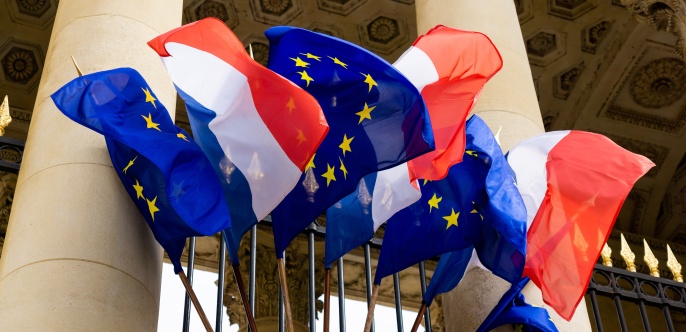The EPSF’s activities within the safety system are conducted in partnership with its supervisory body, the French Ministry of Transport, and in collaboration with numerous national, European and international stakeholders.
Rail is a complex transport mode within which safety can be managed provided that the roles and responsibilities of all parties involved are clearly defined.
Thus, in France and in Europe:
- The State sets safety targets and determines how they are to be achieved. It is responsible for national regulations and ensures that they are applied.
- Railway operators are responsible for implementation of their own safety management systems, taking due account of the risks associated with their activities. Railway network infrastructure managers design, build and maintain rail installations, manage traffic and take action in the event of incidents or accidents occurring on their networks. Railway undertakings operate their equipment, train their personnel and define and apply their operational instructions and procedures in compliance with safety regulations.
- The role of the French Land Transport Accident Investigation Bureau (BEA-TT) is to conduct fully independent technical investigations into serious or potentially serious land transport incidents or accidents in order to establish the circumstances, identify possible or definite causes and issue safety recommendations in order to prevent future accidents.
- The role of the European Union Agency for Railways is to harmonise safety and improve interoperability in the European rail system. Since 2019, it has been responsible for issuing authorisations for new rail vehicles and single safety certificates for international railway undertakings.
- The EPSF issues the authorisations for which it is responsible, conducts audits and inspections, coordinates sharing of expertise at national level, participates in the development of safety regulations and contributes to harmonisation of European regulations.
